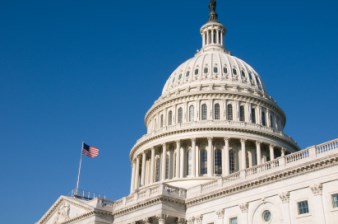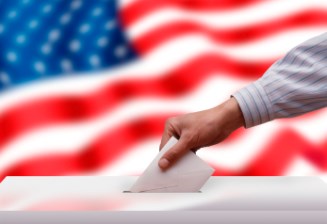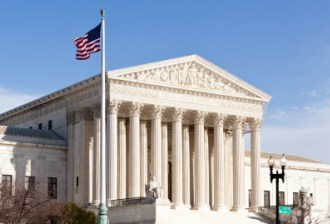Symposium - 2013 - Privacy and Big Data
It’s Not Privacy, and It’s Not Fair
by Cynthia Dwork & Deirdre K. Mulligan
Classification is the foundation of targeting and tailoring information and experiences to individuals. Big data promises—or threatens—to bring classification to an increasing range of human activity. While many companies and government agencies foster an illusion that classification is (or should be) an area of absolute algorithmic rule—that decisions are neutral, organic, and even automatically rendered…


















